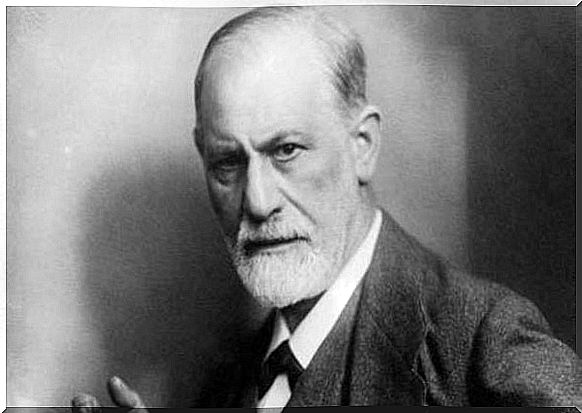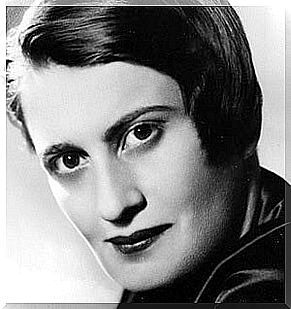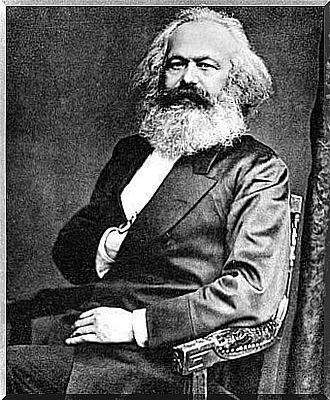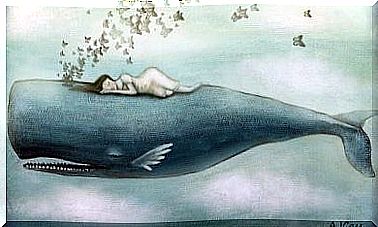Freud And Other Atheists Who Changed The World

The relationship between man and God, or the complete absence of God, is a subject that has spawned some of the most beautiful stories and wildest contradictions of all time. When people are asked what their idea of God is, they tend to label themselves as atheist, agnostic, or believer.
The idea of God, which has been largely defined and proclaimed by the monotheistic religions, has been adopted by millions of people, and a lot of societies have been built around this idea. In other cases, skepticism has caused people to deny not only the idea of God, but also other concepts such as the law of karma or the law of attraction.
Being an atheist doesn’t make you a better or worse person
Whether you have had a religious upbringing or not, some people are religious and others are not, just as the great actor Fernando Fernán Gómez once said: Your religion does not make you a better or worse person.
A recent experiment put together by Jean Decety, a neuroscientist and psychologist at the University of Chicago, involved a variety of children between the ages of 5 and 12, from different countries and cultures (Canada, USA, Jordan, Turkey, South Africa and China), shows that students who were not raised with religious values at home were generally more generous when it came to sharing with children they did not know. Pretty peculiar, to say the least.
Throughout history, countless people have steadfastly and firmly defined themselves as atheists, even if they inflicted retaliation on themselves for doing so. They were simply brave enough to freely express their beliefs and the way they conceived of social relationships from a radically different perspective.
Let’s take a look at the views and lives of some of the most famous and controversial atheists:
Ayn Rand
The Marxist mindset in relation to religion is often seen as the most antagonistic way of understanding society. The creator of “objectivism” opposed both ideologies, arguing that it is disastrous for anyone who wishes to be different to adhere to ideas such as religion or communism.

Ayn Rand exhibited an agnostic and neoliberal philosophy that was well received in some intellectual and artistic circles, who were eager for the individualist ideology to be explained more profoundly. Although she often contradicted herself on various social and political issues throughout her life, she was very steadfast in her atheism until her death.
Albert Einstein
If there was one person who was constantly asked whether he supported the idea that God existed or not, it was this recognized scientist and the creator of the theory of relativity. Einstein was a staunch atheist, even though he publicly called himself an agnostic, in an effort to better deal with academic hostilities.
He was not interested in religion at all, and the idea of God was not at the center of his theories, nor in his life. In one of his statements, in response to the great interest in his opinion on the matter, Einstein explained that if God existed, His existence would, in his view, be very similar to what Spinoza described: an all-encompassing God who is non-dual. nature, which completely contradicts the conventional idea that so many who adhere to a monotheistic religion have accepted.
Hypatia
Hypatia was arguably one of the first philosophers, along with Aspasia and Hipparcia. The image of her has been boycotted by completely disguising the enormous influence she has had on history and various sciences that are just beginning to develop. This was because she was a woman and also an agnostic.

She was not committed to the religious events that took place in her city. These events eventually led to her terrible death, caused by the religious hierarchy, a hierarchy that saw in its mathematical, astronomical and philosophical concepts an enemy that was feared. Unfortunately, her death foreshadowed the religious control that emerged during the Middle Ages.
Karl Marx
Karl Marx was a German intellectual of Jewish descent who, along with Friedrich Engels, founded scientific socialism, modern communism, Marxism, and historical materialism. The work of this philosopher is almost impossible to synthesize, but it is quite clear that he directly rejected the idea of God, religion and the existence of social classes.

While these ideas seem unrelated, their perfect logic and coherence becomes clearer on closer inspection: to be freer, a society should try to be as egalitarian and just as possible, something that is achieved by taking action and using making social reason. If you omit this reason and submit yourself to the idea of God or money as a way to solve your problems, society and its organization will collapse.
Sigmund Freud
Today, within the world of psychology, Sigmund Freud is as much revered as he is hated. And yet others have quite a proportionate attitude to this controversial neurologist. While acknowledging the work he did in his day, they are convinced that his influence on psychiatry today is completely disproportionate, and that only a small portion of his theories are scientifically substantiated.
Based on this statement, we could describe Freud as a lover of the study of human beings, someone who was constantly looking for the reason behind complicated adult behavior, determined to provide a universal and beautiful explanation for our intimate and subjective worlds. .
For Freud, the idea of God deserved no place in the explanation of complex human relationships, and represented a regression in maturity and commitment. For him, the idea of God stood in the way of providing truly satisfying and useful answers to the enigmas of our history.









